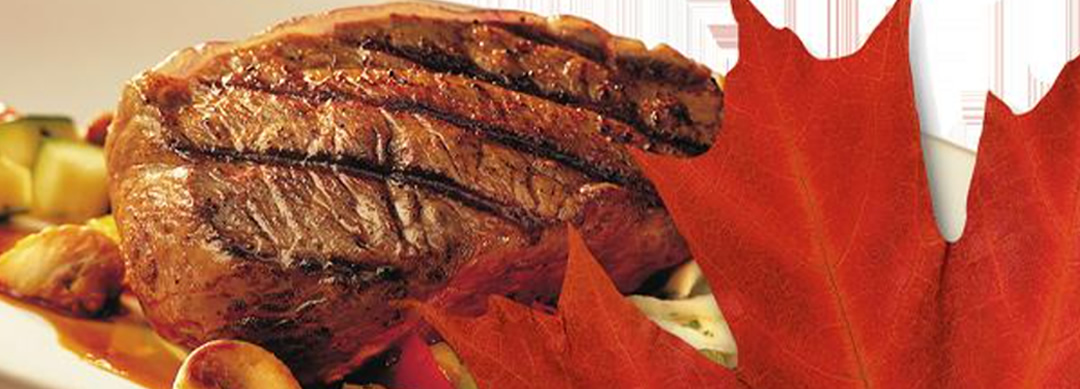The country qualifies one more meat packing plant to ship the product; the measure follows an agreement between the two countries announced in March.
By Sérgio Siscaro
Gradually, the meat produced in Brazil is finding space in the demanding Canadian market. In early July, Frigol meatpacking plant received certification from the Canadian authorities that allows it to export beef to that country. The product will be shipped from the company’s units in Água Azul do Norte and São Félix do Xingu, both in Pará.
This movement is part of the recent agreement, signed between the Brazilian and Canadian governments in March of this year, for the expansion of fresh beef and pork exports to that country. The decision, celebrated at the time by Minister Tereza Cristina (Agriculture, Livestock and Food Supply), opens the way to increase by US$ 150 million per year the sales of fresh beef and pork to the Canadian market.
As a practical result of the agreement, in June Brazil received permission from Canada for the first slaughterhouses that could sell fresh pork to the country – two from Seara Alimentos (from the JBS group) and one from the Aurora Central Cooperative. All the qualified units are from Santa Catarina – because, when the Brazilian request was made to the Canadians, this was the only state recognized as being free from foot-and-mouth disease without vaccination and, therefore, able to export pork.
Market Potencial
In 2021, Brazilian exports of beef and pork meat to Canada totaled US$ (FOB) 19.59 million – an amount 46.7% higher than that recorded in 2020, and 104.7% higher than the total recorded in 2019. According to the agricultural attaché of the Brazilian embassy in Ottawa, Paulo Márcio M. Araújo, the possibilities of intensifying this exchange are real. “Brazil is already today the second largest supplier of chicken meat to Canada, after the United States. The only reason we don’t export more is because of Canada’s quota limitation. For pork, which does not have a pre-established quota, there is still a very large potential for expansion”, he affirms.
He says that the Seara, Pamplona, Master Agroindustrial and Aurora meat packing plants are already qualified to export pigs to Canada; a fifth, from BRF, is waiting for certification. There is still an ongoing Brazilian request to expand the export license to other states. “Canada still needs to recognize that the states of Paraná and Rio Grande do Sul are free of foot-and-mouth disease without vaccination, besides other diseases. We have a request filed to that effect; however, Canadian authorities say they need to make an on-site inspection – and, with the limitations brought on by the Covid-19 pandemic, travel has been restricted.”
For the agricultural attaché, the prospects of Canada qualifying more Brazilian establishments are reinforced by the recognition, by the World Organization for Animal Health (OIE), that other Brazilian states are free of FMD without vaccination.
Commercial Opportunities
Araújo recalled that the first container of beef from Brazil should arrive in Canada in mid-August. “It is a minced beef for industrial application, from zebu cattle, which does not exist in Canada,” he says. He adds that this meat enters the Canadian market without paying taxes, since the quota established by the World Trade Organization (WTO) allows this benefit for countries that ship up to 11.8 thousand tons per year.
“It is important to point out that we are resuming negotiations on the agreement between Mercosur and Canada, and one of the items on this agenda is the issue of the quota – the creation of a new level or the establishment of a specific quota for the bloc countries,” he adds.
Besides the opening of the Canadian meat market, Brazil will be able to occupy spaces with other agricultural products. “Currently our exports to Canada are very concentrated in products such as sugar, coffee, chicken and wood. We want to increase our participation in the fruit market, and in products such as wines, sparkling wines, special coffees, honey and derivatives. It is a matter of negotiating to overcome the obstacles that still exist”, he concludes.





